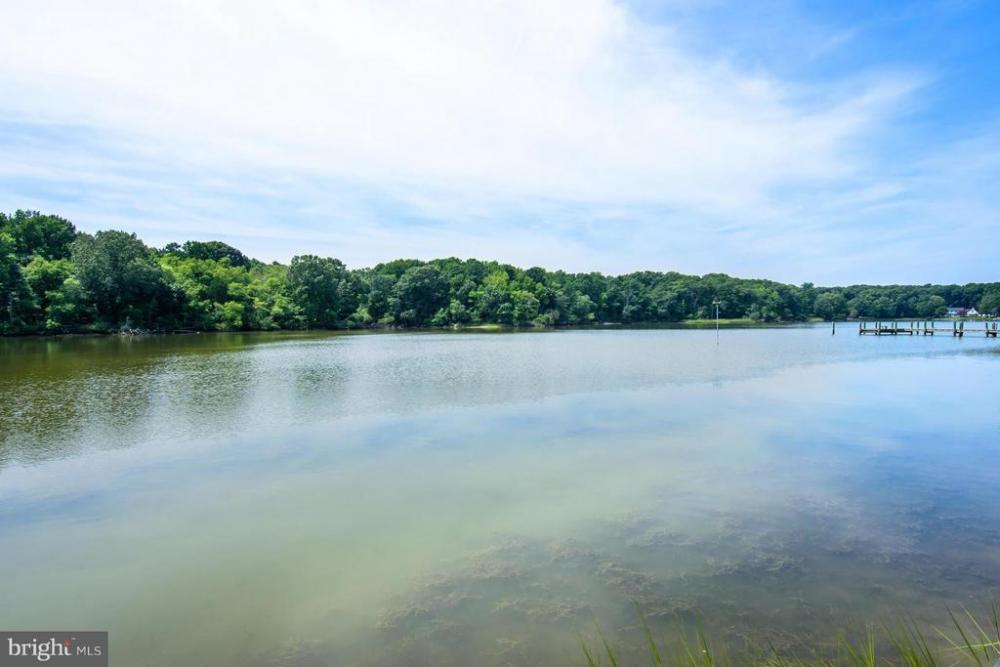A recent tour of Trippe Creek in Talbot County got me thinking about life on water, where a river or creek is a road or highway connecting a neighborhood. The waterway provides the movement of people on recreational boats, a conduit for commerce and a sense of community.
As we traversed Trippe Creek, I saw many beautiful homes. Several are owned by second-homers who may visit on weekends and holidays. I wondered about their interest in our community. Do they care about schools, government and the environment? Are they merely content with the area’s beauty and amenities?
Of course, it’s legal and understandable to be part-time residents. Their primary activities and connections lie elsewhere.
A community linked by rivers, creeks and macadam roads requires, however, human investment, not just a passing interest in a lovely setting. For example, the health and cleanliness of the water should be a primary concern. Like living on a road filled with potholes or trash, life on the water carries the same concern.
An Easton resident for more than four decades, I asked a friend who has lived on the water on and off for most of his life to describe his experiences in a neighborhood different from mine. He said, “Many of us who grew up on a river knew it better the roads. Our parents let us explore, and it was that freedom that gave us confidence to learn more… about the marsh, creeks, crabs, fish, waterfowl, birds of prey, shore birds, farming, and about who lived “down the river” that might be our future friends.
“You couldn’t sail, hunt, or crab with someone without learning something about them. That stuck with us, and those same folks are still our old friends. We stayed close, and didn’t feel the need to go far. If we did go away and returned, we still didn’t need to go far. “
Neighborhoods come in different shapes and environmental features. Constant sustainability of their goodness requires emotional as well as financial investment.
I’m not suggesting that second-home or weekend residents give up their roots in urban areas and live full-time on the Eastern Shore, just to satisfy this writer. I am recommending, though, they care about the natural and man-made features of our robust area, as well as our fragile environment.
I trust I’m not coming across as a scold. I know many permanent homeowners who started off as weekend habitués. They grew to love our area, retired here and decided to contribute their time, energy and funds to our community, specifically our invaluable non-profits. Simply, they put down roots—and even docks.
Local waterways become part of your being, your identity if you are fortunate enough to enjoy the serenity of gleaming water.
My friend said, “A river or a creek is as much of a sense of community on the Shore as a road or a subdivision. Memories of swimming or hunting or fishing or sailing or canoeing or kayaking stay as a part of our soul. Friendships are often made on the water and are never forgotten. Stories of adventures can be told but maybe some not even repeated!
“To the extent that we’ve seen a decline in the health of our waters, our friendships are often about supporting water issues for our river/creek as a group. But asking others for help without telling the stories doesn’t create as much empathy.”
My friend added, “We would all love to see the quality of our waters improved and to be able to share that with new arrivals. And we would welcome new members of our community to learn about our past, and participate in watershed recovery. While local river folk may not intend to be exclusive, it’s tough to stray far, as it’s a natural instinct to honor your own.”
“Maybe we can do more “river outreach” to help the cause. And start some more stories like yours,” this Shore native said.
My friend’s words are worthy ones. Our Mid-Shore communities are better and more vibrant because of people who bring their talent and commitment to our communities. They are well-attuned to service.
And, yes, it’s important to share stories and concerns for the sake of friendship and common purpose.
Columnist Howard Freedlander retired in 2011 as Deputy State Treasurer of the State of Maryland. Previously, he was the executive officer of the Maryland National Guard. He also served as community editor for Chesapeake Publishing, lastly at the Queen Anne’s Record-Observer. In retirement, Howard serves on the boards of several non-profits on the Eastern Shore, Annapolis and Philadelphia.



Write a Letter to the Editor on this Article
We encourage readers to offer their point of view on this article by submitting the following form. Editing is sometimes necessary and is done at the discretion of the editorial staff.